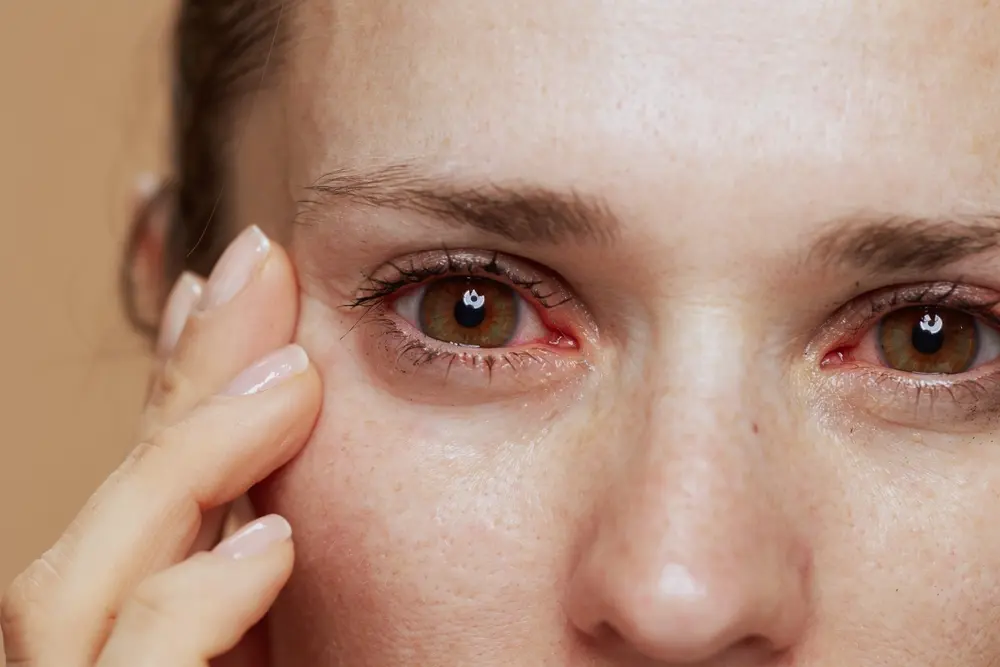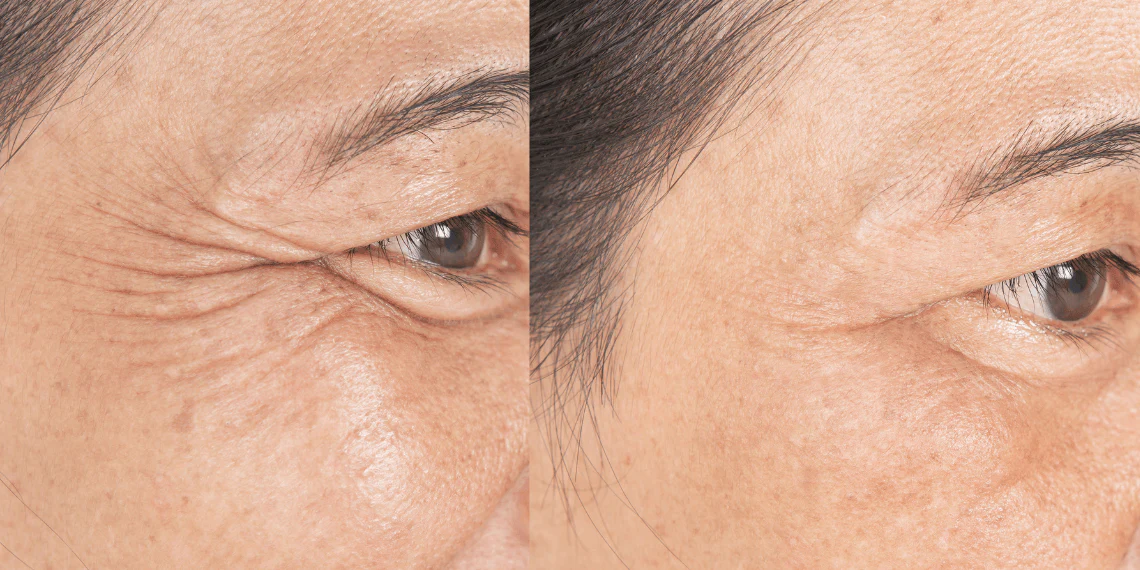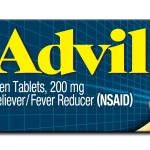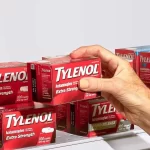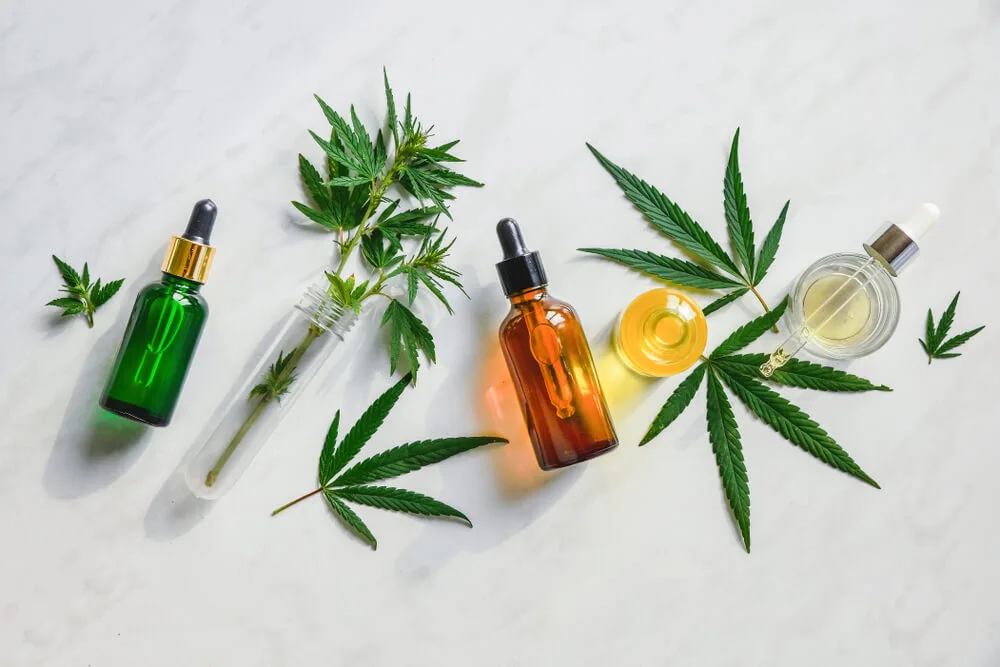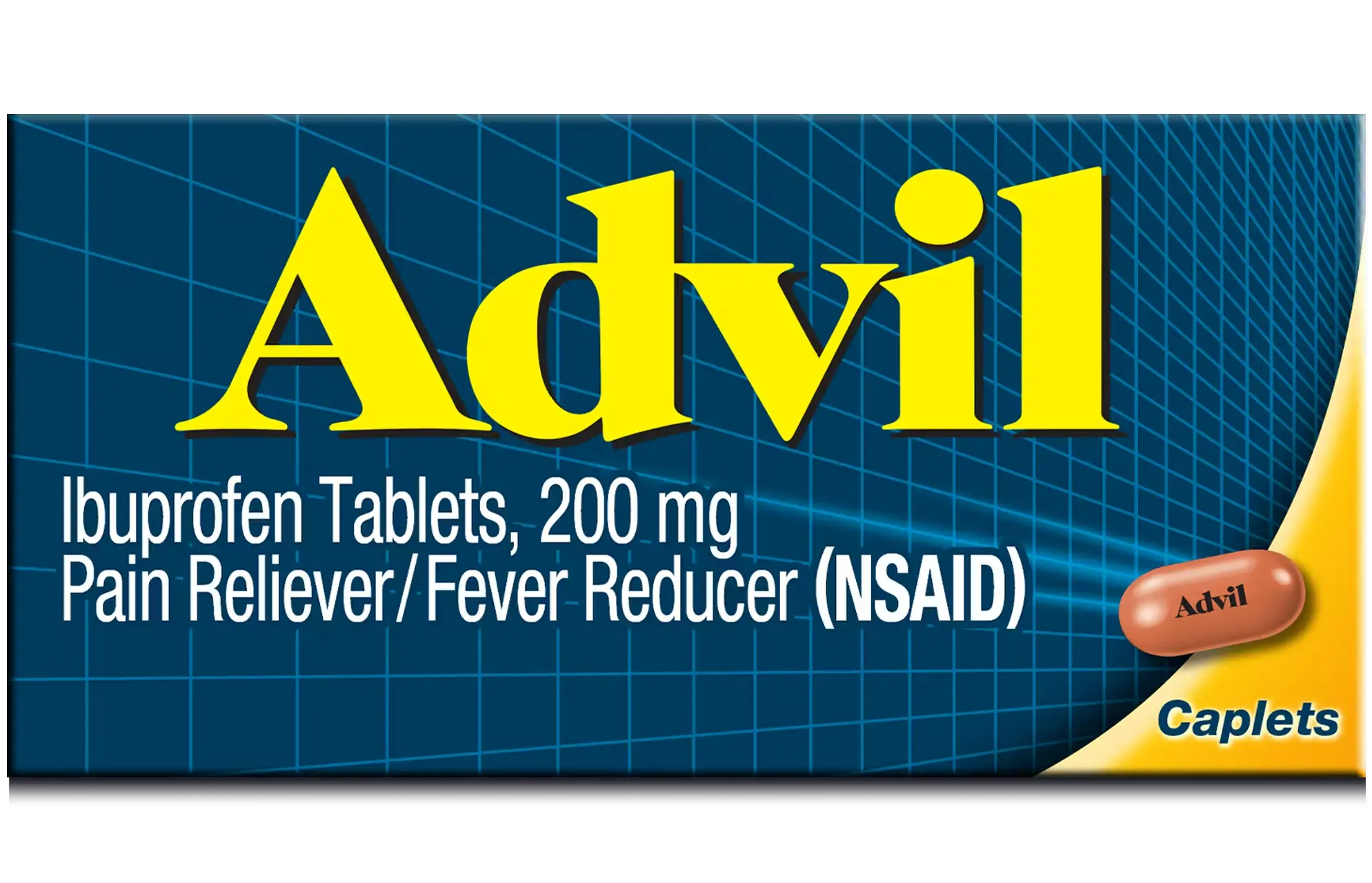According to Dr. Alicia Atkins and the board-certified dermatology team at DermOnDemand, the link between Accutane and dry eyes stems from how this acne medication affects the oil glands in the eyelids, which play a crucial role in maintaining eye moisture.
When isotretinoin reduces oil production, the tear film loses its balance, causing tears to evaporate faster and leaving the surface dry and irritated. Common symptoms include redness, burning, and a gritty feeling that may worsen with contact lenses or screen use.
Using lubricating eye drops and following your eye doctor’s advice can help relieve discomfort and protect your long-term eye health during treatment.
Key Takeaways
- Accutane can cause dry eyes by reducing oil production in the meibomian glands of the eyelids, which generally help prevent tears from evaporating.
- The disruption of the tear film may lead to symptoms such as redness, burning, and blurred vision, which often improve after treatment is completed.
- Using lubricating or preservative-free artificial tears and warm compresses can help relieve discomfort and support the balance of the tear film.
- Some patients may experience lasting dryness if permanent meibomian gland dysfunction develops, requiring follow-up care with an ophthalmologist.
- DermOnDemand, led by Dr. Alicia Atkins, offers expert guidance on safely managing Accutane side effects while protecting both skin and eye health.
How Accutane Affects the Eyes
Does Accutane Cause Dry Eyes?
Yes. This oral medication reduces the body’s overall oil production, including in the eyelids meibomian glands. These tiny oil glands create the eye’s outer oil layer that prevents tears from evaporating too quickly.
When production drops, the tear film loses stability, leading to dryness and irritation in the accutane eye area. Learn more about other potential side effects of isotretinoin that may occur during treatment and how to manage them safely.
How Isotretinoin Disrupts Tear and Oil Production
Research in Optometry and Vision Science shows isotretinoin affects both tear production and the oil layer that keeps eyes lubricated. A study published in Optometry and Vision Science 2015 found that this acne medication decreases meibomian gland secretion and alters the tear film structure.
As a result, tears evaporate faster, leaving the surface exposed and prone to redness or a gritty sensation. The exact mechanism that reduces facial oil can also lead to dryness. Discover the connection between Accutane and oily skin.
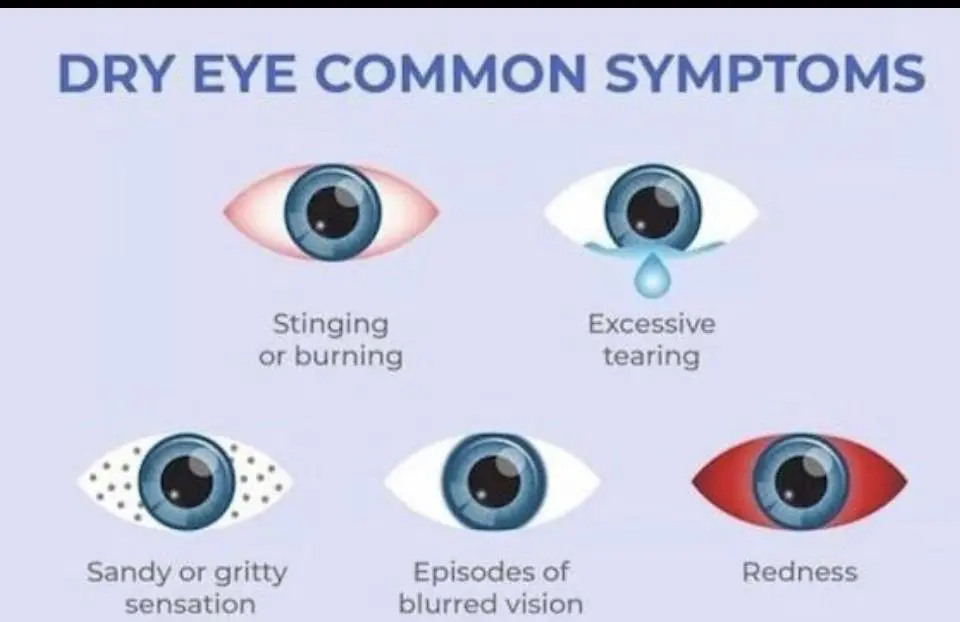
Accutane and Dry Eye Syndrome or Disease
For some users, these changes develop into chronic dry eye syndrome. Reduced oil and water layers can trigger inflammation and permanent meibomian gland dysfunction if untreated. The condition varies: mild cases cause temporary irritation, while severe ones may persist even after stopping Accutane.
Can Accutane Cause Blurry Vision?
Yes, dryness can cause vision to appear blurred, especially when reading or using digital screens. This is usually reversible, but an eye doctor should evaluate persistent blurring to rule out corneal damage or ongoing disruption of the tear film.
Recognizing and Treating Dry Eye Symptoms
Common Signs During Accutane Treatment
The primary symptoms of dry eye include redness, stinging, light sensitivity, and a gritty or sandy sensation in the eye. In some cases, watery discharge occurs as the eyes try to compensate for the lack of lubrication.
How to Treat Dry Eyes While on Accutane
Use preservative-free artificial tears or lubricating eye drops several times a day. Warm compresses help reopen oil glands and support healthy oil flow. People who wear contact lenses should consider switching to glasses until symptoms improve.
Home and Lifestyle Tips for Relief
- Stay hydrated and avoid excessive screen time.
- Use a humidifier in dry environments.
- Wear sunglasses outdoors to reduce evaporation.
- Avoid rubbing your eyes, as this can worsen irritation.
Long-Term Eye Effects After Accutane
Do Dry Eyes Go Away After Accutane?
In most cases, dryness improves within weeks of stopping the medication. Tear production and oil balance typically return to normal once the drug leaves the system.
Why Some Patients Develop Permanent Dryness
A small group may experience long-term changes. Permanent meibomian gland dysfunction can occur if the glands shrink or cease production of oil. Early recognition and consistent eye care reduce this risk.
Supporting Eye Recovery After Treatment
After completing isotretinoin, continue using artificial tears and schedule follow-up appointments with an optometrist. Nutritional support, such as omega-3 supplements, can help restore the function of the oil layer.
When to See a Dermatologist or Eye Specialist
Seek professional help if dryness persists, interferes with daily vision, or if you notice any other side effects. A dermatologist can coordinate acne treatment with an ophthalmologist to adjust the dose safely and effectively.
For those seeking safe, dermatologist-directed care, explore DermOnDemand’s acne treatment options for evidence-based solutions that fit your needs.
Expert Oversight and Safety Guidance
Ready to address your Accutane-related eye symptoms? Start your personalized dermatology plan with DermOnDemand and get expert guidance from Dr. Alicia Atkins within 24 hours. Book your private consultation today for safe, prescription-grade care delivered to your door.


